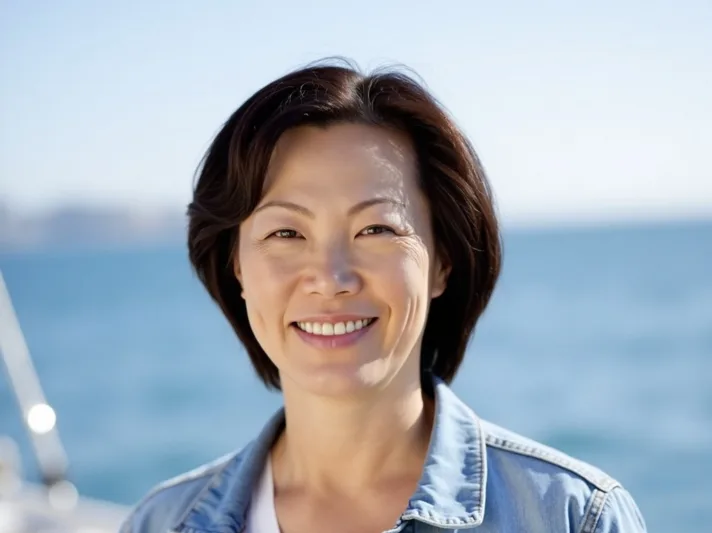
DataFest Q&A: Annie Flippo
Annie Flippo is Chief Data Officer at Urgently where she manages data science/AI, Business Intelligence and Data Engineering teams to bring data and AI innovations to the company.

Annie Flippo is Chief Data Officer at Urgently where she manages data science/AI, Business Intelligence and Data Engineering teams to bring data and AI innovations to the company.
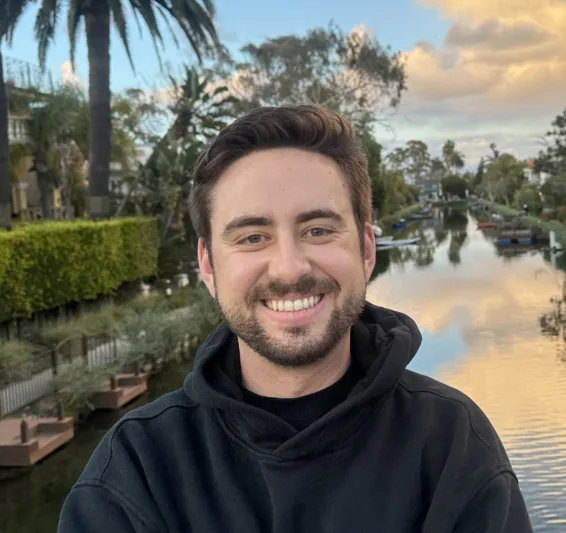
James Wilson (UCLA Statistics, BS, 2019) is a Senior Data Scientist at HBO Max focusing on content and marketing strategy. He has been involved in DataFest since his freshman year at UCLA. Below, James answers some questions about the growing importance of DataFest to UCLA students.
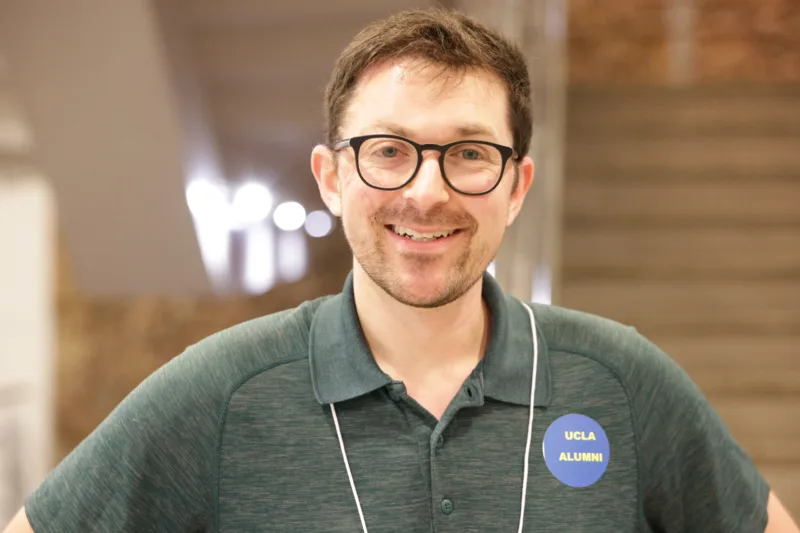
Alex Krebs graduated from UCLA with a B.S. Statistics 2016 and M.S. Statistics 2017. He works at Atlassian as a data scientist in the workforce planning group.
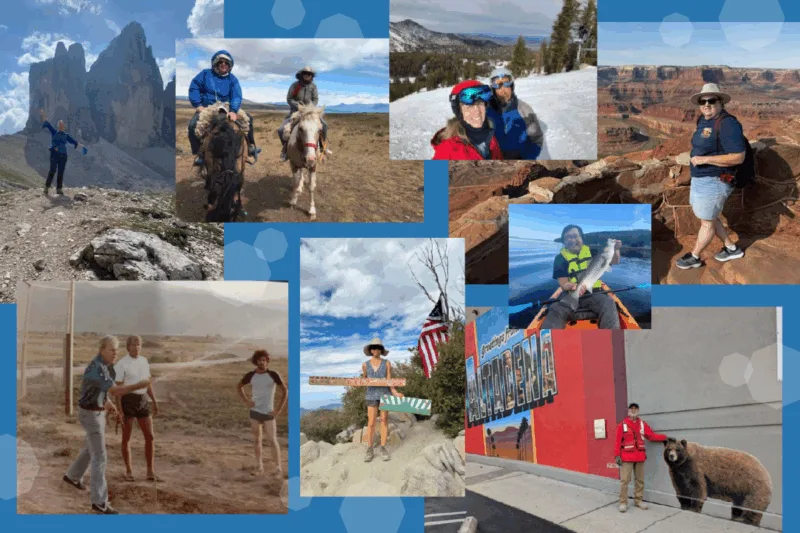
How a very special alumni newsletter has helped an Earth, Planetary, and Space Sciences class stay friends for decades
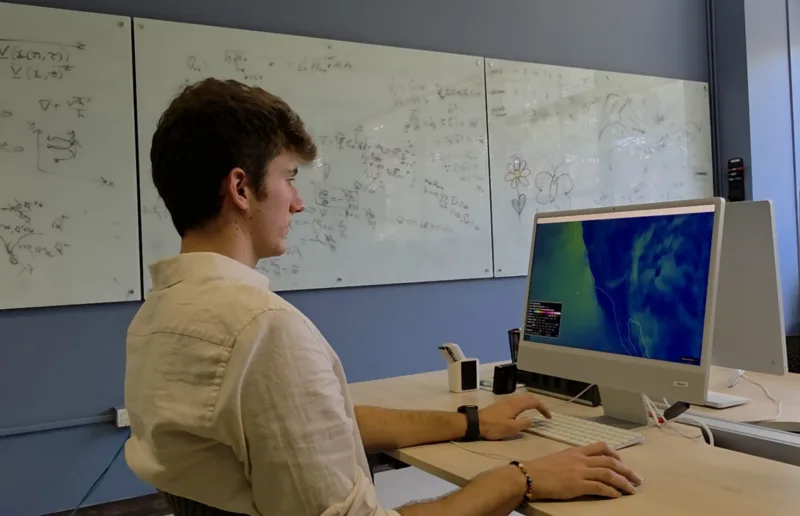
The program, run by the department of Atmospheric and Oceanic Sciences is designed for students interested in gaining hands-on experience they can implement in the real world after graduation.
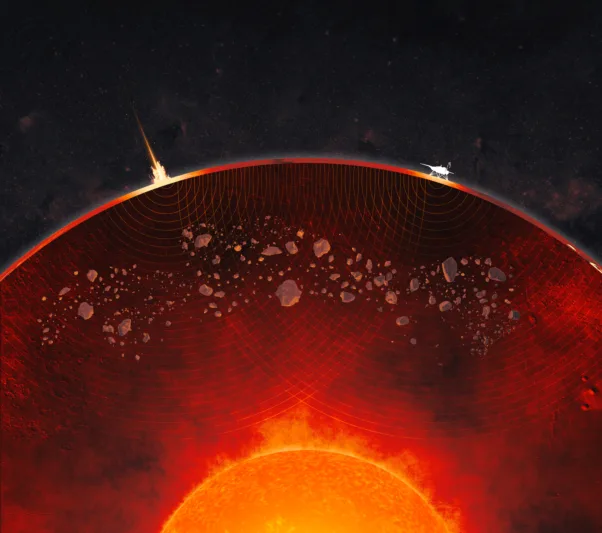
UCLA research helps uncover the layered history of the Martian crust — and what it may tell us about how planets like Earth evolve.
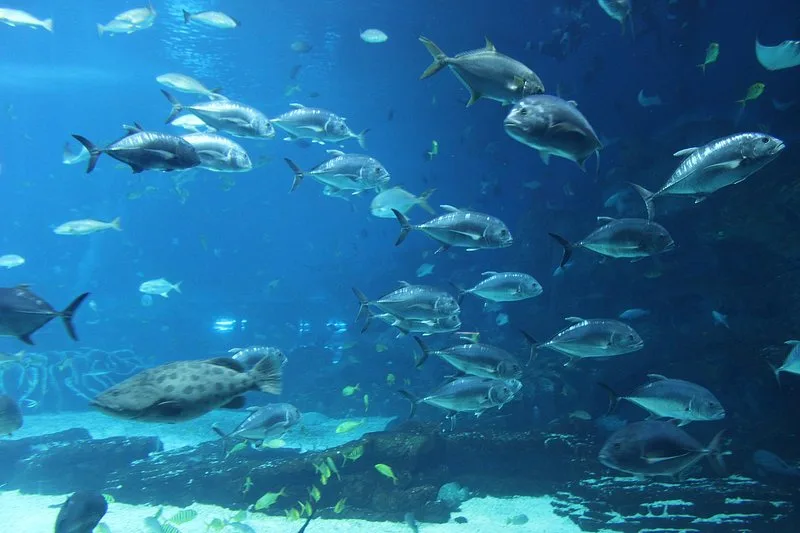
New research shows how fishing and warming oceans weaken one of Earth’s natural defenses against climate change.
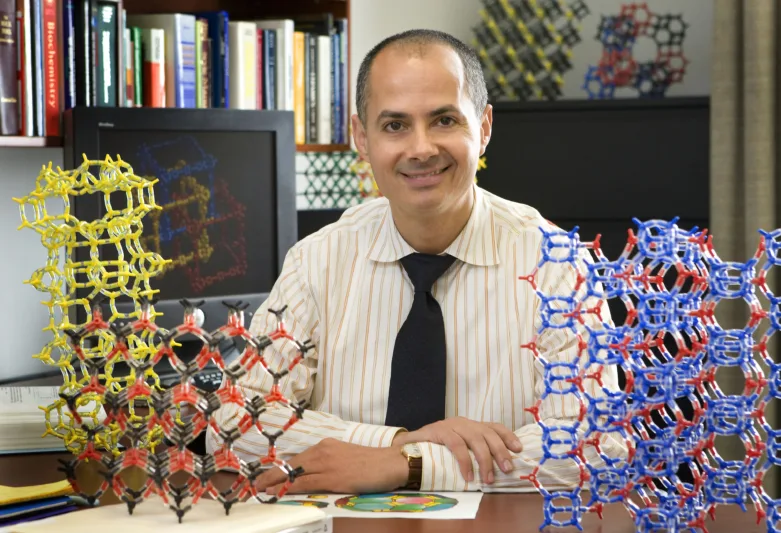
The UC Berkeley professor, known as the inventor of reticular chemistry, was at UCLA from 2006 to 2011
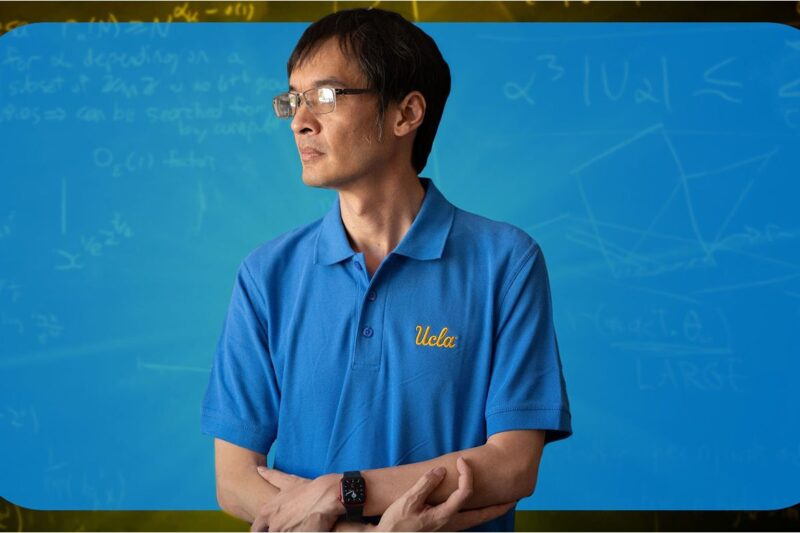
The “Mozart of Math” warns that federal funding cuts could irreparably damage the nation’s scientific ecosystem and drive our top young researchers abroad

A UCLA-led study discovered a critical link between endangered African elephants and threatened ebony trees, which can take 60-200 years to grow, and which provide the wood traditionally used for piano keys, guitars and other instruments.

Designed and built by UCLA Mag Lab, the cutting-edge magnetometer entered orbit on July 23 rd , 2025 as part of NASA’s new TRACERS mission
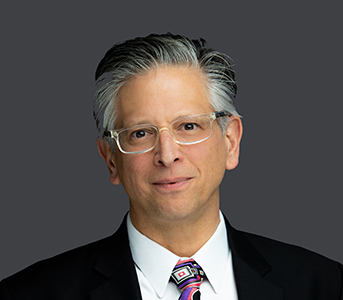
Weiss is actively involved in startups from his own and other laboratories, with ventures spanning biotechnology, food security, energy, entertainment, and healthcare.